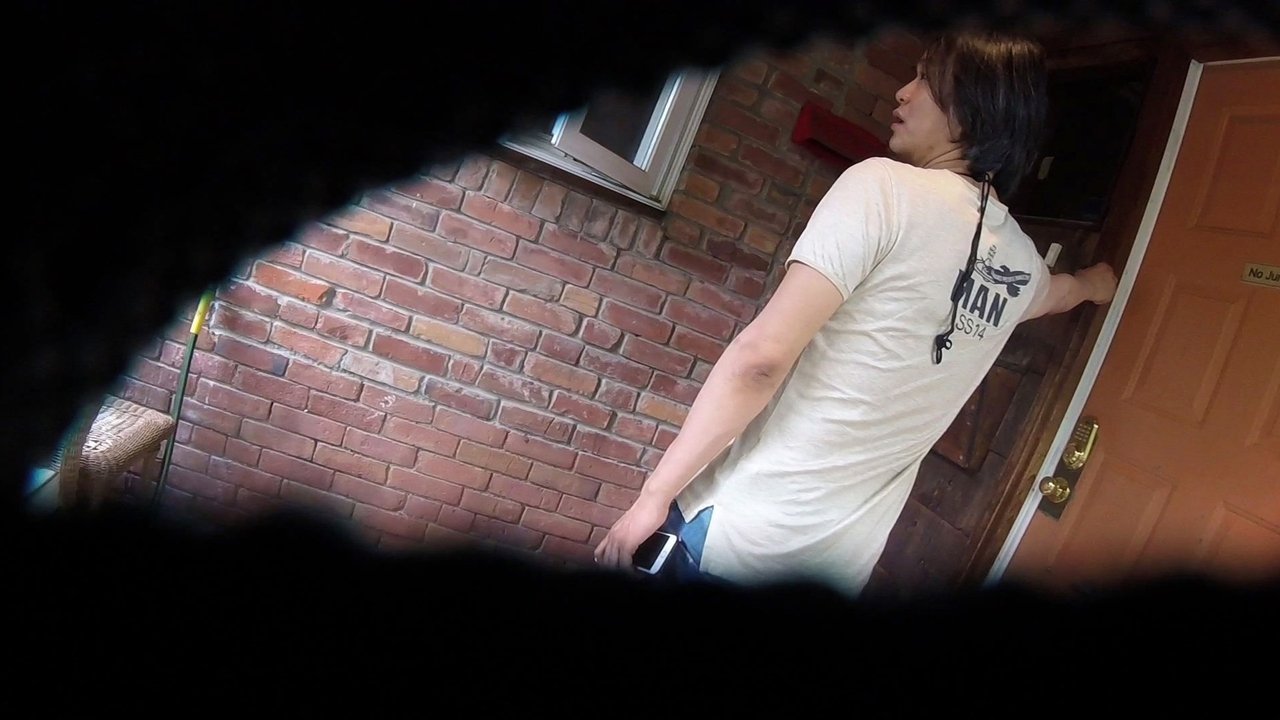
The Reservoir Game (2017)
An investigative reporter seeks to expose the whereabouts of a slush fund belonging to the former president of South Korea, Lee Myung-bak.

An investigative reporter seeks to expose the whereabouts of a slush fund belonging to the former president of South Korea, Lee Myung-bak.
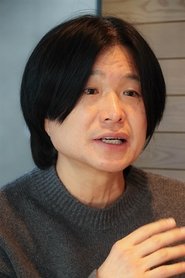 Joo Jin-wooSelf
Joo Jin-wooSelf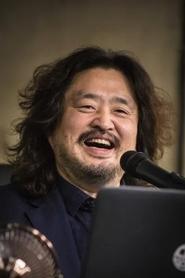 Kim Ou-joonSelf
Kim Ou-joonSelf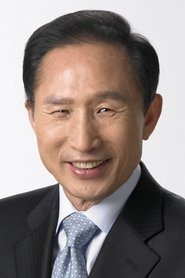 Lee Myung-bakSelf (archive footage)
Lee Myung-bakSelf (archive footage)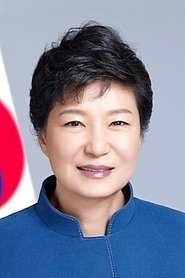 Park Geun-hyeSelf (archive footage)
Park Geun-hyeSelf (archive footage)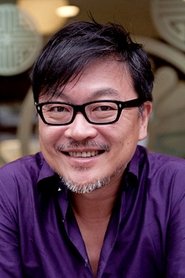 Kim Eui-sungDeep Throat (voice)
Kim Eui-sungDeep Throat (voice)Korea is a divided nation. Filmmaker Min Sook Lee sets out on a revelatory, emotion-charged journey into Korea’s broken heart, exploring the rhetoric and realism of reunification through the extraordinary stories of ordinary people.

With their long working hours, cultural obsession with productivity, and high-stakes schooling system, South Koreans live life in the fast lane. Everyone has the same aim: to be successful and to beat the competition. Thanks in part to this hard...
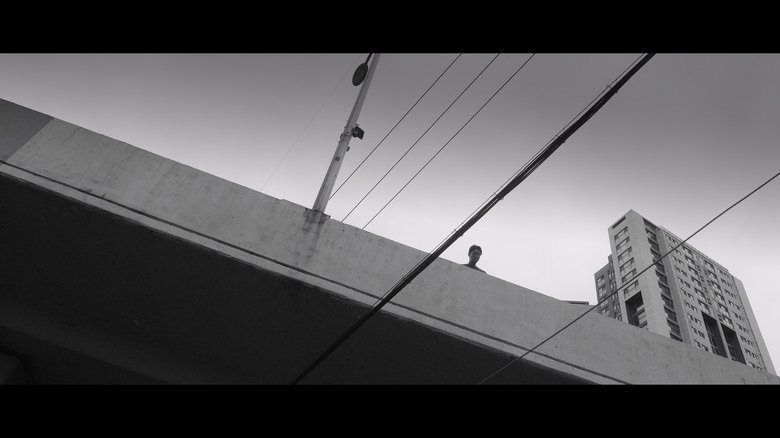
The National Intelligence Service (NIS) intervened with the 2012 presidential election, and the court has acquitted NIS. This documentary tracks the long process where a special team of prosecutors formed after the inauguration of PARK Geunhye administration discovering the truth under all kinds of external pressures and obstructions. This documentary also tracks the footsteps of the late LEE Namjong, who reminded us the NIS Intervention incident.
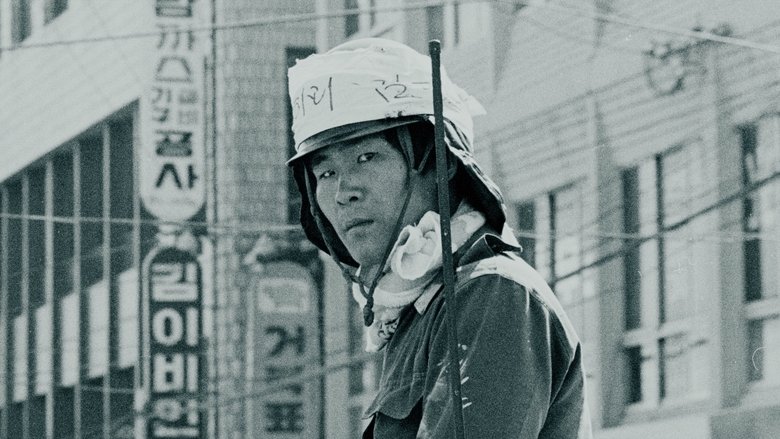
KIM-GUN searches for the whereabouts of a young man whose identity has sparked a national controversy over the 1980 May 18 Gwangju Uprising. Starting with the vague memories of those who had crossed paths with him during that time, the film tracks down those who participated in the Uprising as “Citizen Soldiers.” It also traces KIM’s final steps, based on photographic clues found in the firearms he carried and the “Surveillance Truck No. 10” in which he rode. By identifying KIM-GUN, we believe that we can find valuable leads to resolving the ongoing controversy over May 18. Why did a nameless young man join the Uprising? Why did he take up arms? Where has he gone afterwards? It is the answers to these questions that the film seeks.

Journalist David Farrier stumbles upon a mysterious tickling competition online. As he delves deeper he comes up against fierce resistance, but that doesn’t stop him getting to the bottom of a story stranger than fiction.
Cheonggyecheon is a small industrial area in the city of Seoul where small metal workshops are located. Cheonggyecheon had played a key role in the industrialization of South Korea from the remnants of colonialism and war. Following the liberation of the country from Japanese rule in 1945, many industrial complexes became abandoned, resulting in a flood of scavenged machine parts on the market.. In the 1960s, Vietnam War veterans brought many machines into Cheonggyecheon, initiating small-scale production and what’s now considered “copy” production unique to the economies of developing nations. In the past five years, the business on Cheonggyecheon has declined as the surrounding neighborhood is in the process of renovation and gentrification, as part of a beautification initiative by the Seoul Metropolitan Government.

North Korea has nuclear weapons. How did it manage to get them quietly? Donald Trump is under the impression that as US president he could convince Kim Jong-un, the North Korean leader, to disarm his nuclear weapons and make peace with South Korea. But how was it possible that one of the poorest countries in the world could acquire the knowledge to produce nuclear-tipped rockets?
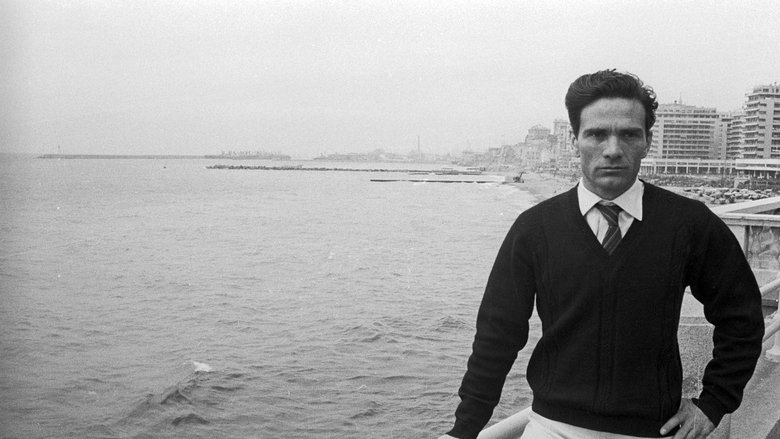
In the summer of 1959, as a magazine correspondent, writer and filmmaker Pier Paolo Pasolini (1922-75) traveled along the Italian coast. In 1963, he documented the sexual behavior of the Italians. In the winter of 1970-71, he witnessed the hardships of the most impoverished Italian population suffering from the boot of state power. After these three trips, he came to the conclusion that Italian society had changed drastically for the worse over the years.
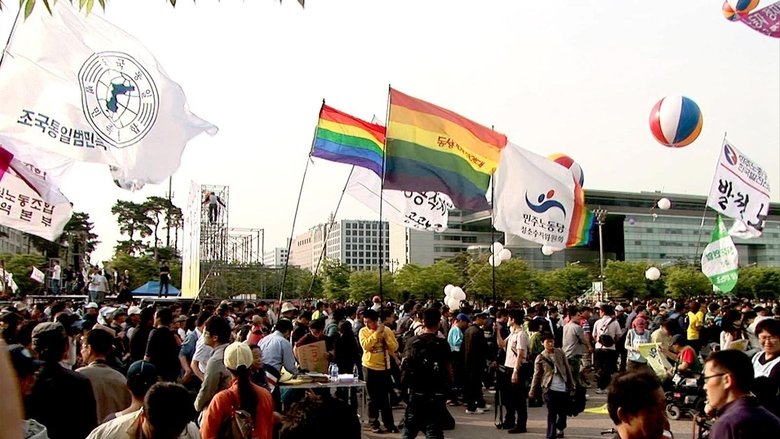
A story about 4 gay men who try to lead a normal life in Korea, the conservative and harsh country for LGBT in Asia. In the middle of making a queer film Jun-moon, a director, loses his self-confidence due to social scrutiny regarding his sexual orientation. Byung-gwon, a gay rights activist, has been participating in movements to establish equal rights for homosexual laborers. Young-soo, a chef who moved from the countryside 15 years ago, lived a lonely life but he finds happiness after joining a gay choir. Yol, who works for a major company, dreams of the day him and his partner, can have a legal wedding with overcoming the prejudice against people living with HIV/AIDS.
Brooklyn-born Ruth Gruber became the youngest PhD in the world before going on to become an international foreign correspondent and photojournalist at age 24. She defied tradition in an extraordinary career that spanned several decades. The first journalist to enter the Soviet Arctic in 1935, Ruth also traveled to Alaska as a member of the Roosevelt administration in 1942, escorted Holocaust refugees to America in 1944, covered the Nuremberg trials in 1946, and documented the Haganah ship 'Exodus' in 1947. Her relationships with world leaders gave her unique access and insight. This documentary interweaves verite scenes with archival footage.

An emotive, intimate film on the life and death of acclaimed young Northern Irish journalist Lyra McKee, whose murder by the New IRA in April 2019 sent shockwaves across the world. Directed by her close friend Alison Millar, the film seeks answers to her senseless killing through Lyra’s own work and words.
The film – documentary “Shooting vs Shooting” presents a group of astonishing stories about journalists who were afflicted in the Iraq war, by following a journalist’s journey in Baghdad in 2009 and the story of a mother who seeks for an answer to the question why her son got killed while his only weapon was his camera. “Shooting vs Shooting” narrates incredible moments and adventures, reveals unknown sides to the facts and shows the dramatic stories of media workers who lost their lives, trying to freely broadcast the truth to the public opinion. Through the documentary, we witness the absurdity of war, the responsibilities of governments and armies and the atrociousness of blinded fanatics.
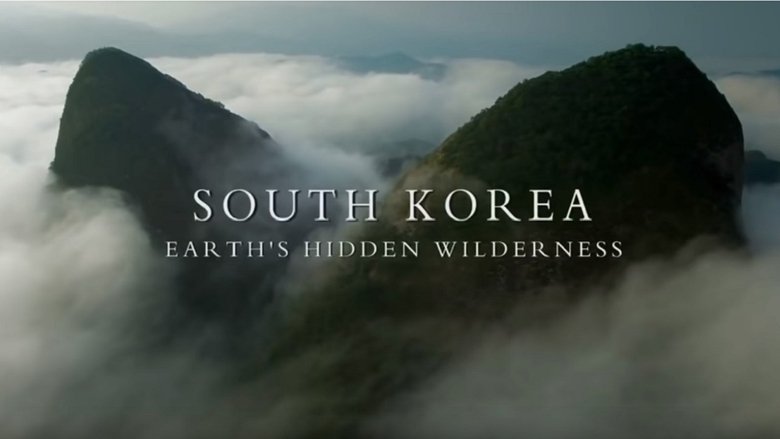
Once a mountain kingdom of ancient palaces and emperors, Korea in the 21st century is largely known for its modern cities and decades of conflict. Tensions between North and South may be what defines it to outsiders but beyond the battle scars there is another side to Korea. In the south are large pockets of untouched wilderness where extraordinary animals flourish and Koreans continue to practice age-old traditions in tandem with the seasons and with nature. It is in these connections, rather than in division, that we see the true Korea.
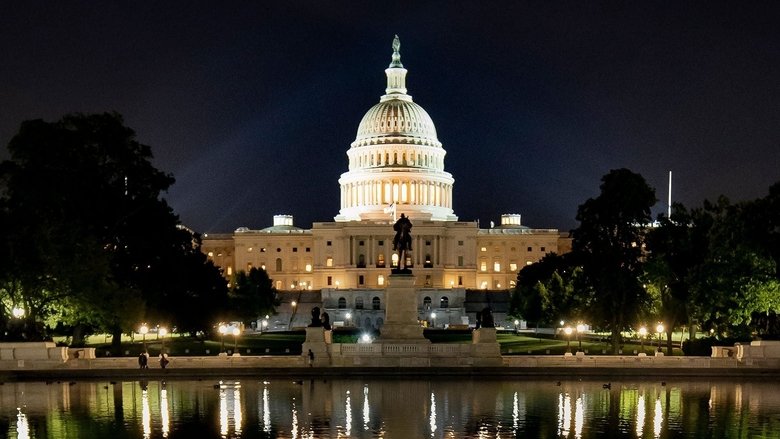
Based on Lee Smith's book of the same name, this documentary follows the story of the biggest political scandal in U.S. history.
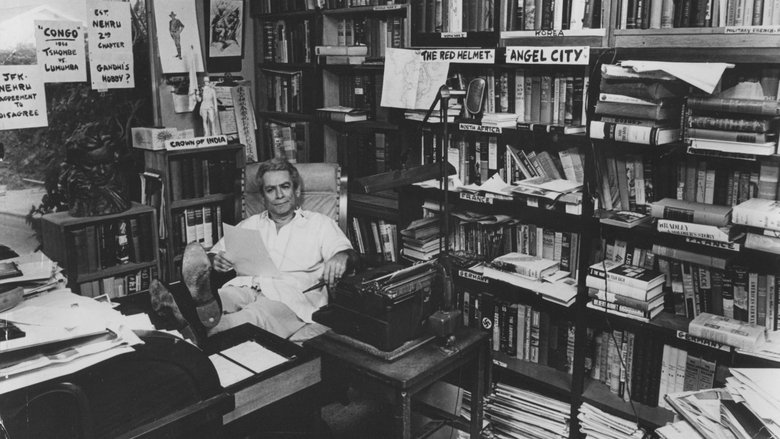
In a documentary about Samuel Fuller, the spectator gets different impressions about the Hollywood director and his films. The film is divided into the three sections: The Typewriter, the Rifle and the Movie Camera. The first segment covers Fuller's past as a newsman where he began as a copy boy and ended as a reporter. Part two describes Fuller's experiences in World War II, in which he participated as a soldier. The last section focuses on Fuller as director. Tim Robbins interviews Samuel Fuller revealing the director's own memories and impressions. Beside the interview, Jim Jarmusch, Martin Scorsese and Quentin Tarantino accompany the documentary with their comments.
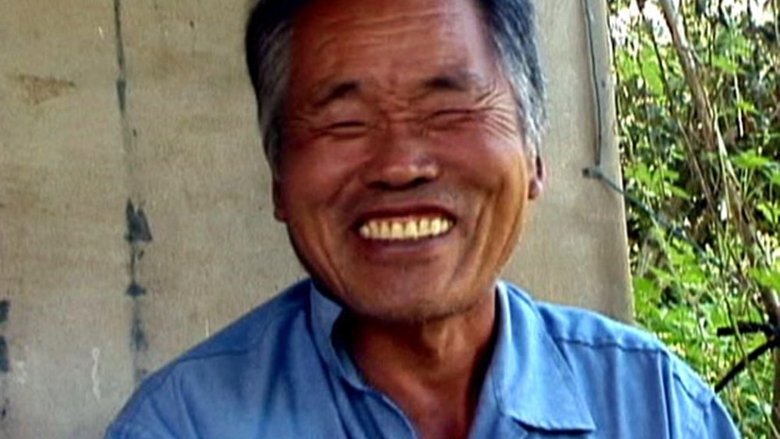
In 1992, political prisoners from North Korea settled in the South Korean town where filmmaker Dong-won Kim lived. Sent to South Korea as spies during the war, they spent 30 years in jail. How did they endure the many years of torture? What will become of them now that they have been released? Twelve years in the making, Repatriation is a very personal view of a country divided by an ongoing cold war.
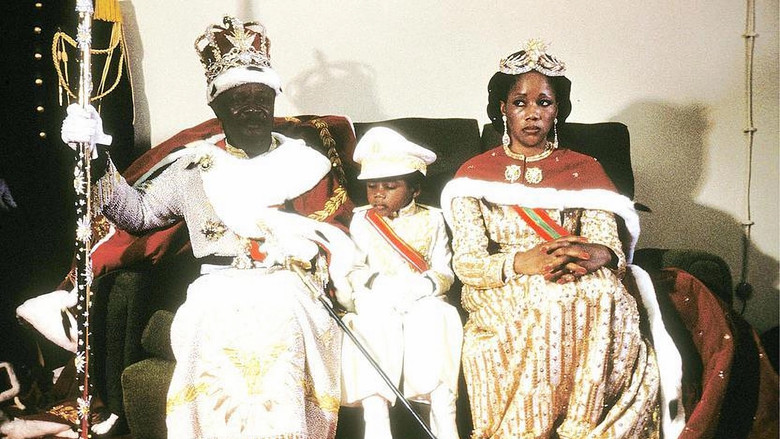
Documentary examining Bokassa's rule in the Central African Republic using the testimony of witnesses and visits to key sites.
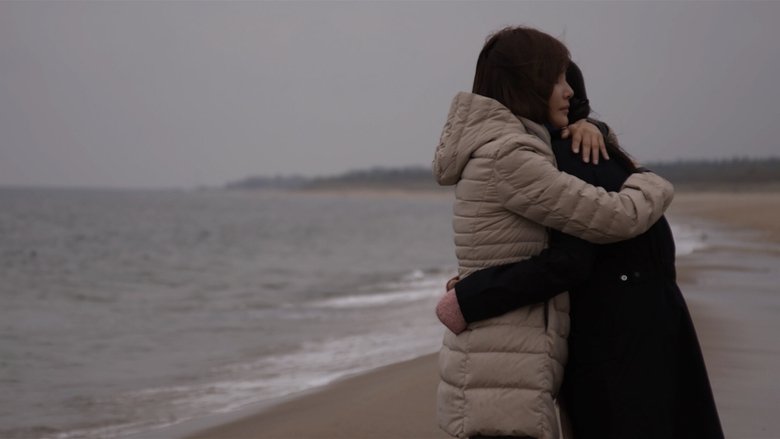
Tracing the footsteps of North Korean orphans who went to Poland during the Korean War, two women, one from the North and the other from the South, bond through the solidarity of wound and forge together a path toward healing.
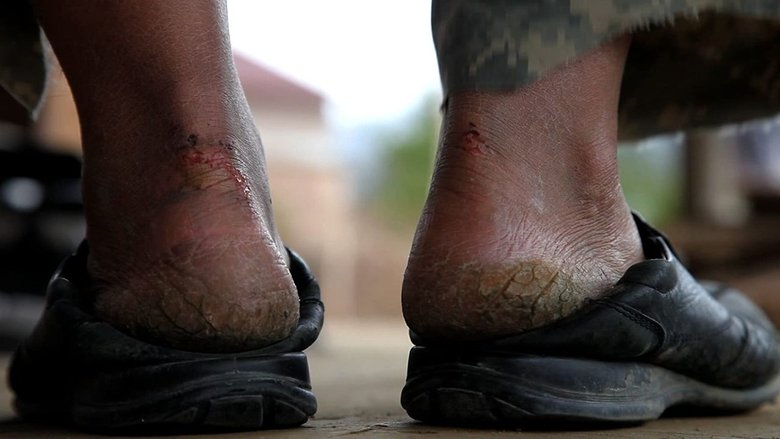
Documentary on director Kim Ki-Duk looking back at his film career.
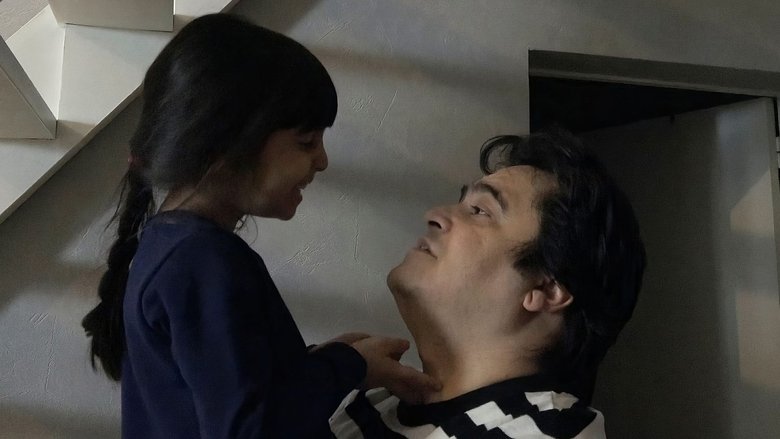
In 2019, the multi-awarded filmmaker Nahid Persson Sarvestani (My Stolen Revolution, Prostitution Behind the Veil) filmed the Iranian journalist based in France Roholla Zam, who exposed the Iranian regime money laundering. Months later, Rohollah was lured by moles to Iraq and kidnapped to Iran. After 14 months in prison, he was executed.